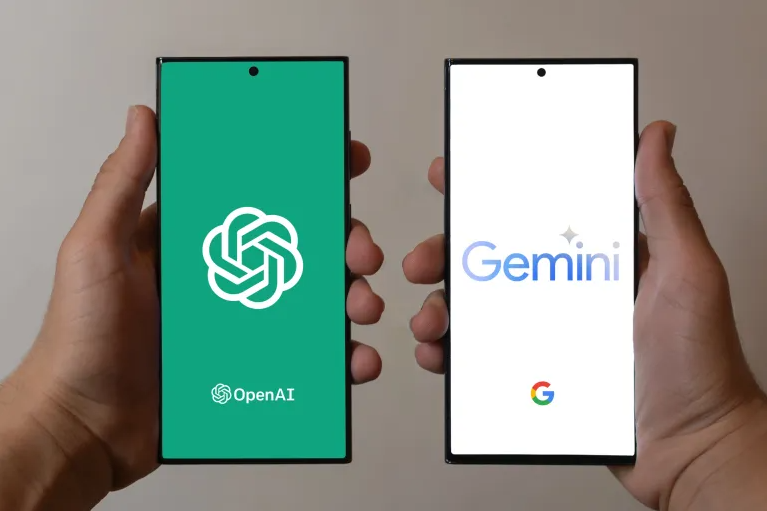
With the recent launch of Google’s new addition to the Gemini family of artificial intelligence models, doubts and inquiries have surfaced regarding the actual capabilities of the model. The promotional video on YouTube, garnering over 1.6 million views, lacked the essential transparency needed, raising concerns about the accuracy of Gemini’s showcased abilities. Parmy Olson of Bloomberg pointed out Google’s misleading portrayal of Gemini’s strength in the promotional video, suggesting that the demonstrated capabilities were questionable.
In the six-minute video, Gemini’s multimedia capabilities were demonstrated, showcasing image recognition, game suggestions, hidden ball searches, and logical questions. The video emphasized the remarkable speed of Gemini’s responses, leaving viewers impressed. However, a disclaimer in the video’s description revealed that, for explanatory purposes, the access time and Gemini’s responses were shortened. This revelation triggered criticism, with observers and critics, including Olson, highlighting that Google admitted the video did not capture real-time interactions but relied on static images and textual commands.
Olson argued that Google manipulated the edited footage to persuade viewers that Gemini possesses capabilities akin to the renowned ChatGPT-4, despite Gemini’s resemblance to the initial release of ChatGPT-3 over a year ago. Google sought to downplay these concerns through statements from Oriol Vinyals, Deputy Head of Research and Learning at DeepMind, a developer of Gemini. Vinyals asserted that all user commands and outputs in the video were genuine but condensed for brevity. He explained that the video aimed to showcase user experiences created using Gemini, inspiring developers.
Critics contend that Google is grappling to match the extraordinary success of ChatGPT, and its actions suggest a lack of transparency and credibility. While some degree of video editing is understandable, it raises questions about the authenticity of the product. Google could have opted for a more transparent approach by allowing public access to directly interact with Gemini and provide real feedback.
This development indicates that Google is still contending with the aftermath of its loss to the emerging OpenAI, which took the lead in artificial intelligence. Google, once a trailblazer, is now striving to catch up. Despite the internal urgency declared within the company, Google has yet to present a compelling and appealing artificial intelligence model to the public. Nevertheless, with the anticipated global impact of its AlphaCode 2 AI model in the field of cryptography, Google remains a formidable contender in the race toward general artificial intelligence that approaches and surpasses human capabilities in various domains.
Leave a Reply